Motorists face road-user charges in the future as electric vehicles drive down fuel excise revenue
Motorists will need to pay road user charges to plug a looming shortfall in fuel excise revenue and fund transport infrastructure as drivers shift to electric.
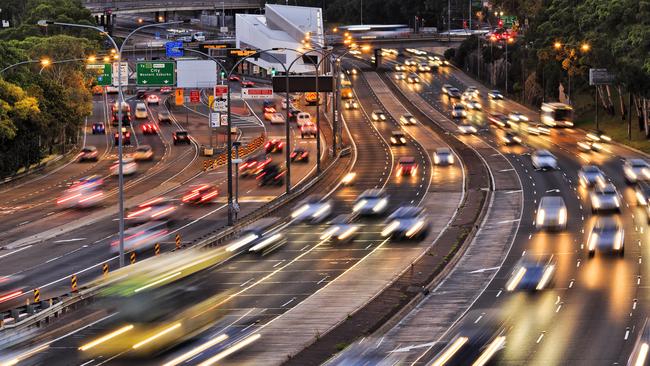
Motorists will need to pay road user charges under a nationally consistent model to plug a looming shortfall in fuel excise revenue and fund transport infrastructure as more Australians shift to driving electric vehicles.
In a pre-budget interview with The Australian, Finance Minister Simon Birmingham said: “We have to be responsible and acknowledge that we can’t have the infrastructure and the services that we enjoy as Australians without having revenue streams to support them.”
With fuel excise forecast to raise $50bn over the next four years, Senator Birmingham said the tax was critical “right now” to lock in infrastructure spending.
“If we look over the medium-to-long term, the tax streams like fuel excise are crucial for the funding of essential infrastructure, and we all benefit from having better, safer roads to drive on ourselves and for the goods we rely upon to get across the nation,” Senator Birmingham said.
He said state governments in Victoria and South Australia had adopted “mature approaches” in relation to road user charges for electric vehicles and locking in “alternative funding streams for roads and infrastructure”.
“In no way is it possible for the country to sustain high-quality infrastructure and high-quality services without also sustaining the revenue streams that we rely upon for them,” he said.
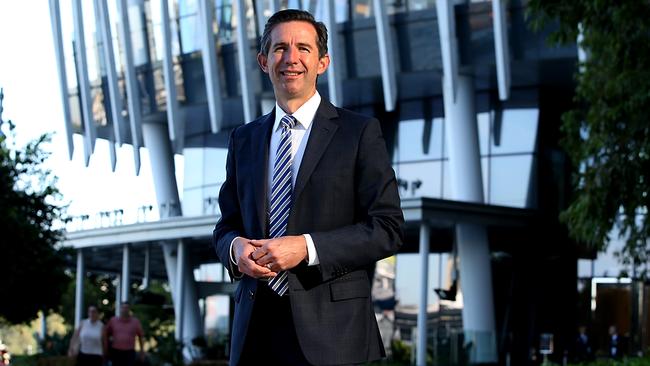
“I’ve previously welcomed the steps that some of the states have taken to think that through and I know that (Urban Infrastructure Minister) Paul Fletcher and transport ministers have had those discussions with state counterparts about that change in the economic landscape.
“It’s important to think about those. It’s not urgent today, so it’s right that the thinking is still at an incremental level, but I imagine there will come a time as different models are teased out looking at how they apply in a way with some consistency across the nation.”
Ahead of next Tuesday’s budget, the senator said more work was required to assess the best approach, whether it be via registration or technology platforms.
“A bit of utilisation of competitive federalism won’t hurt in the meantime as the states do that and we will seek to provide an opportunity for collaboration and, when the time’s right, co-ordination.”
Governments across the country are considering how to best encourage the take-up of electric vehicles while addressing new long-term funding options for road transport infrastructure.
Senior government ministers have discussed a cut to the 44.2c-a-litre fuel excise as part of a cost-of-living package included in next week’s budget. On temporary spikes in oil prices, fanned by Russia’s invasion of Ukraine, Senator Birmingham said: “We’ve already seen some elements of correction there, with likely more to come.”
The Australian Security Leaders Climate Group on Wednesday will call on the Coalition and Labor to commit to a comprehensive climate security risk assessment following the May election and ramp up their focus on fuel security and renewables.
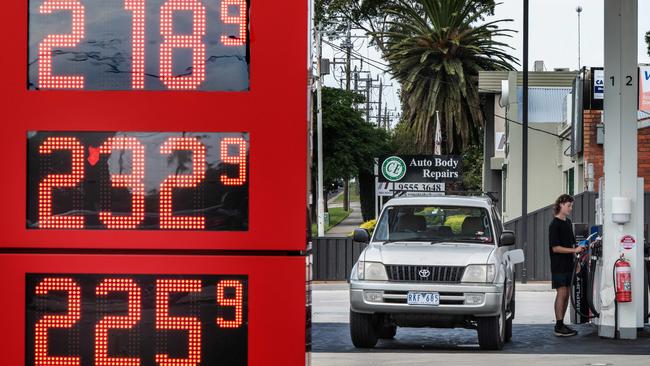
Retired Air Vice-Marshal John Blackburn, a former deputy chief of the RAAF, said the Russian invasion of Ukraine highlighted the need for more renewables to protect energy security.
He said the nation had an opportunity with electric and hydrogen vehicles to “build a nation powered by energy made on our own soil, especially since we have little more than a month’s supply of fuel currently in Australia”.
“Renewables make Australia’s energy supply more resilient and are necessary to stopping worsening climate change, help prevent conflicts and people displacement triggered by increasingly devastating climate impacts from overwhelming the defence forces’ capacity to keep Australians safe.”
Retired Admiral Chris Barrie, a former chief of the defence force, warned “high energy and food prices triggered by the Ukraine invasion could contribute to social unrest in countries as far apart as Egypt and Indonesia, which is right on Australia’s doorstep”.
“Climate change will only make these kinds of occurrences more frequent and, unless our political leaders take urgent action, we can expect to see increasing instability, conflict and forced migration from neighbouring nations and within our region,” Mr Barrie said. “It is not a matter of ‘climate versus security’ … but ‘climate and security’.”
The ASLCG, which includes senior retired defence and security personnel, will release an open letter on Wednesday urging the major parties to “make climate change a primary focus and commit to mobilising the resources necessary to address this clear and present danger”.

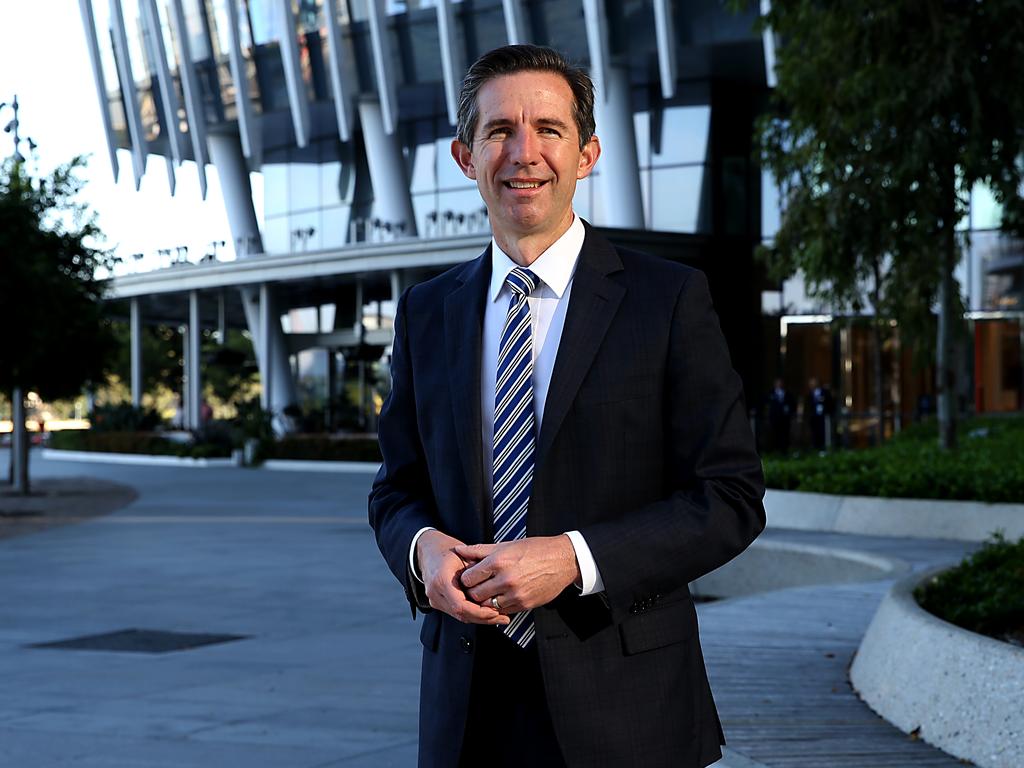
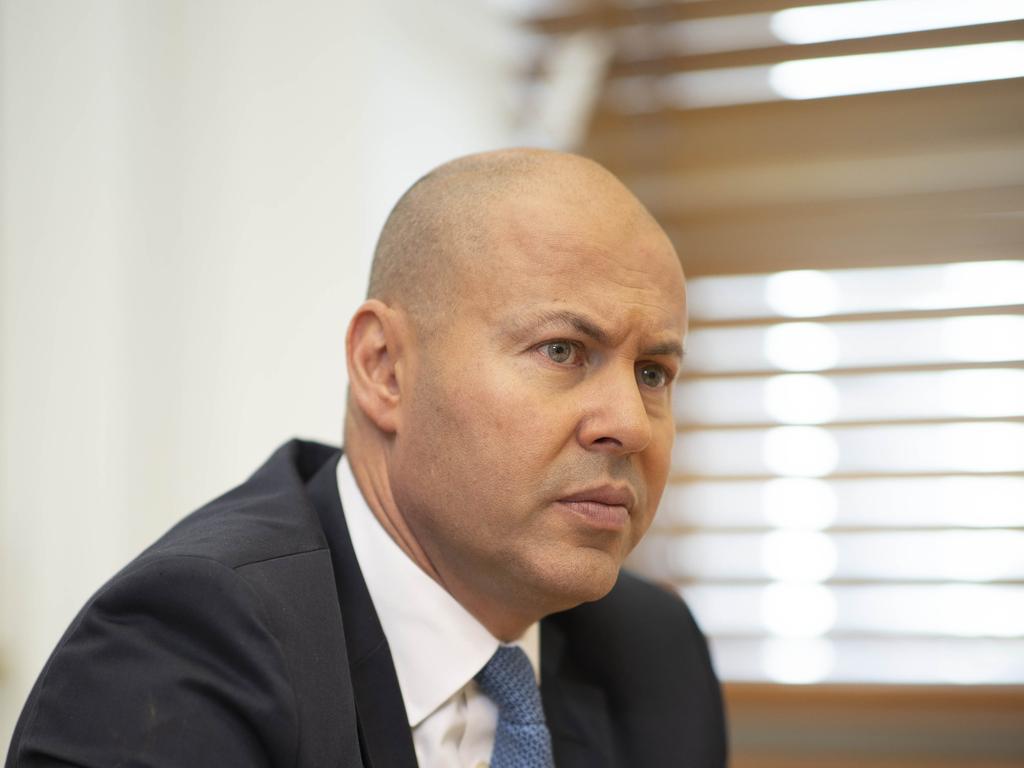

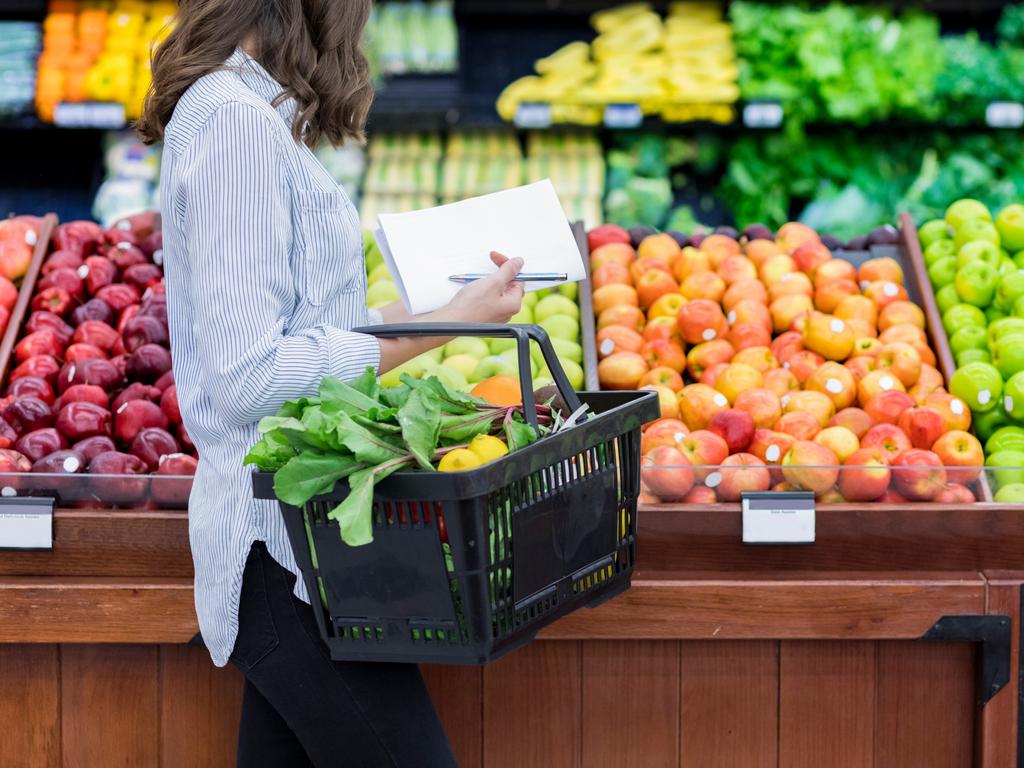


To join the conversation, please log in. Don't have an account? Register
Join the conversation, you are commenting as Logout